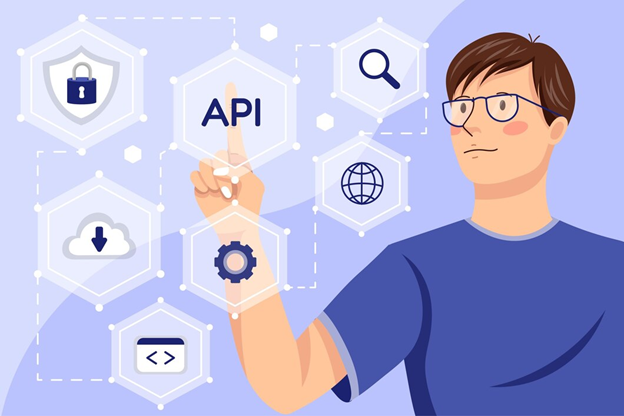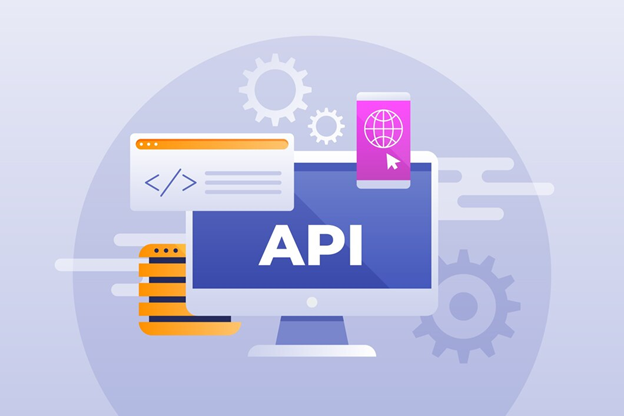In this age of the digital revolution, companies are always looking for new and creative ways to improve efficiency and make well-informed decisions. And, background screening is one area that has significantly evolved.
Traditional background checks were labor- and time-intensive. They reduced organizational efficiency and postponed crucial hiring and decision-making procedures.
These difficulties highlighted the pressing need for a more automated and streamlined background screening process, which helped background screening APIs to take off. Since the emergence of background screening APIs, the background screening scene has changed dramatically.
This change has yielded many results. Wondering which ones they are? Here is an examination of how background screening APIs are changing industry norms and transforming how businesses perform background checks.
Table of Contents
1. Simplifying Procedures
Because a background screening API automates and integrates the process into pre-existing workflows, it has completely changed how firms perform background checks.
First, these APIs enable businesses to access various data sources instantly. These APIs do away with manual data collection by making data access seamless. The result is a drastic cut down on the time and resources needed to perform background checks.
Thanks to these background screening APIs, businesses can expedite their screening procedures by automating data extraction from several sources.
These sources include credit reports, criminal histories, and work histories, using background screening APIs. This guarantees more precision and consistency in the outcomes while also saving time.
2. The Ability to Scale and Adapt
Today, organizations can do one background check or hundreds of checks daily without sacrificing efficiency. This is because of the scalability and flexibility of background screening APIs.
These APIs are readily adaptable to the unique demands of various sectors and use cases. Their adaptability makes it easy for companies to incorporate them into existing systems readily.
Again, background screening APIs readily grow to accommodate an organization’s demands, whether for a small number of checks or a high volume of checks. These APIs are appropriate for companies of all sizes and sectors.
Firms can customize the APIs to meet specific industry rules and compliance specifications.
3. Instant Access to Extensive Data
Having instant access to thorough background data is one of the main advantages of background screening APIs. Organizations can make prompt and well-informed decisions by retrieving comprehensive information instantaneously.
Hence, companies can use these APIs to eliminate the need to wait days or weeks for human background checks to be finished.
For instance, with the help of background screening APIs, businesses can instantly obtain thorough background checks and evaluate the eligibility of candidates for employment, rentals, or business partnerships.
This way, organizations can reduce risks and make more informed decisions quickly because of this real-time access to data.
4. Safety and Adherence
Security and compliance are crucial for handling sensitive data, especially for background checks. APIs for background screening prioritize data security and adherence to pertinent rules.
They guarantee that private data is safe and compliant with current data protection laws. Thus, organizations can ensure that sensitive data is safe from illegal access, data breaches, and other security risks by collaborating with reliable API providers.
Furthermore, background screening APIs abide by laws like the FCRA, CCPA, and GDPR, protecting people’s right to financial privacy and upholding the legitimacy of the screening procedure.
5. Improved Prospective Experience
APIs for background checks benefit both companies and candidates. Shorter wait times and quicker application feedback are two benefits of automating the background check process for candidates.
It improves their entire recruiting experience. Thanks to background screening APIs, candidates can now avoid waiting long for background checks to be finished.
Instead, they get timely information about the progress of their applications, which makes them happier and more involved in the recruiting process.
6. Ease of Integration
APIs for background checks are simple for businesses to integrate into their HR systems. Background screening firms can handle the hiring and onboarding from a single platform.
The integration of APIs with HR systems makes this possible. This integration also lessens the possibility of human error. Eliminating the need for human data entry optimizes and increases the effectiveness of the HR workflow.
Companies can, therefore, increase the accuracy of their data. They can expedite the hiring process. Additionally, human resources can automate the transfer of applicant data and background checks by integrating background screening APIs with HR systems.
Further, by ensuring that all pertinent data is secure and readily available within the HR system, this integration helps with legal compliance.
Final Thoughts
Background screening APIs are completely changing how companies perform background checks. They expedite the procedure and enable scalability. Flexibility and real-time access to extensive data are also fruits of background screening APIs. Again, background screening APIs also improve applicant experiences. It’s because these APIs work well with varied HR systems.
Going forward, background screening APIs will play a bigger role in establishing industry standards as more organizations embrace digital transformation. They will be essential in promoting efficacy and efficiency in the screening procedure. Businesses can make well-informed decisions faster and with greater assurance by utilizing the power of APIs. In the end, companies can improve their processes for risk management and due diligence.












